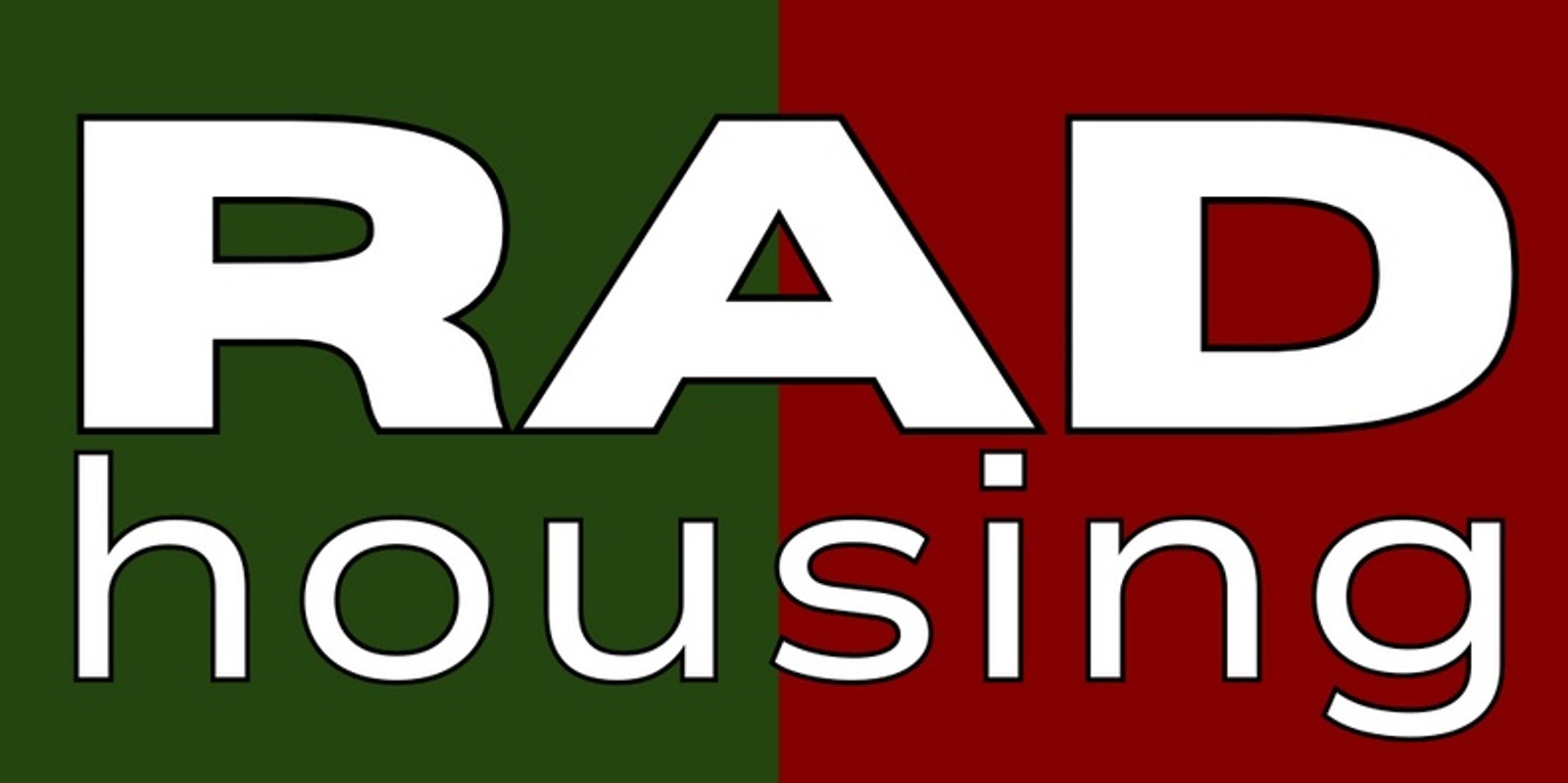RAD Housing: A model for Retrofitting and Decommodifying housing (Catalyst)
Event description
A 90 minute workshop on one possible model to build housing collectives that focus on retrofitting housing for the climate crisis, while also contributing to the decommodification of housing for public good.
Australia's approach to housing as a speculative financial investment has failed to deliver affordable, secure and ecologically sustainable housing. There are many paths to changing this, including direct action pressure, militant renters organising, and electoral politics. In amongst these other solutions, many of us value building intentional community structures like share houses, housing cooperatives, community land trusts and so on.
RAD Housing is one possible approach to collectivising housing which attempts to provide a pathway for a group of people with a range of income levels and available capital to work together. It's one model to consider, alongside many other models available in the space, but it focuses on the following two characteristics.
1. Retrofitting existing suburban housing: New eco-builds are great, but construction causes nearly 40% of the world's carbon emissions so we also need to find a way to re-use what we have, and get it ready for a post 1.5 degree future.
2. Decommodifying housing by moving it into community stewardship. We don't think private ownership is necessary to provide secure lifelong housing, but Australia's approach to rental falls far short of providing an strong alternative. This model is a transitional path to starting with capitalist housing purchases and ending with housing not owned by individuals so that the focus can be on how to fairly treat the need to house people while participating in Land Back movements.
What to expect?
This workshop will consist of 90 minutes of slides and talking from your presenters, with a small amount of interactive component, Q&A, and opportunities to share your perspective on the possibilities and challenges the model highlights. The material covered is essentially available at radhousing.org if you don't like presentations. The RAD Housing model, while similar to some other housing collective models (like Community Land Trusts) has some unique elements that we have not yet worked with lawyers and accountants on, so this is an early share with our community, not a ready-to-use structure.
There is no call-to-action or specific invitation to join a RAD Housing project as part of this workshop. The model is being used by a collective in the planning stages, and other collectives are very welcome to use any of our materials, but individual collectives have their own approaches to building relationships together and may not be generally recruiting.
Venue & Accessibility
This event is at Catalyst Social Center, in the front room of 144 Sydney Road. The best access is via the front door of 144.
The front door is wheelchair accessible, and there is access through to building to a wheelchair accessible toilet. Our projected slide presentation will be on a dark background, and will not contain moving pictures or flickering lights. There will be no amplified sound, and the room can contain a moderate amount of traffic noise. If there's anything we can do help you participate in the workshop (eg; providing Auslan interpretation), please contact your hosts at crew@radhousing.org.
Masking is welcome at this event, but not required. The event is indoors, with an air filter present. If you would feel more comfortable attending this talk if we run it outdoors or with required masks, please let us know at crew@radhousing.org and we'd be happy to organise one like that.
This talk will take place on the unceded lands of the Wurundjeri Woiwurring people of the Kulin Nation.
Tickets for good, not greed Humanitix dedicates 100% of profits from booking fees to charity
